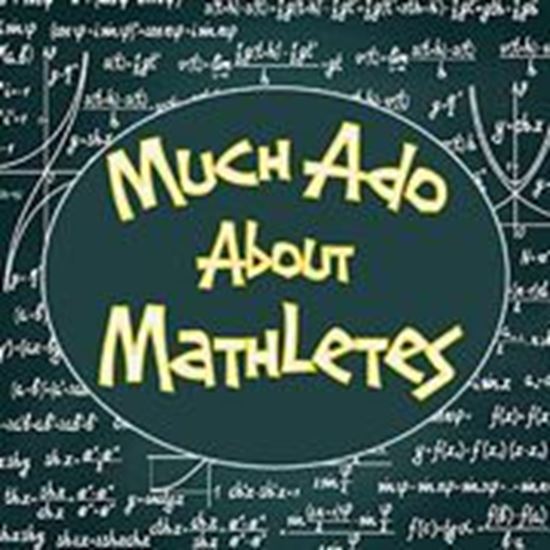
Much Ado About Mathletes
High school senior Kimberly is the founder and president of the school’s undefeated all-girl math team. She expects nothing but the best from her mathletes, especially since it’s her senior year and her last opportunity to compete and secure her legacy. Unfortunately, things don’t always go as planned. One of their members is suddenly forced to sit out the rest of the season, so their first alternate — Monica H. — must step up and compete even though she longs desperately to join the drama club instead. A possible solution presents itself when Mr. Roberts tries to put Jared on the team, but the other girls aren’t on board… after all, this was supposed to be an all-girls team. They debate, argue, and ponder (sometimes in Shakespearean-style verse), as they try to find a solution all of them can live with.
Productions
Behind The Scenes
PLAYWRIGHT RACHEL BUBLITZ TALKS ABOUT HER PLAY
MUCH ADO ABOUT MATHLETES
Q: WHAT INSPIRED YOU TO WRITE THIS SHOW?
A: I am always looking for more plays about women and girls. I acted throughout my high school and college days, and always struggled to find scripts that had me in them. When I turned my focus to writing I knew that I wanted to tip the scales as much as I could with my own work. I also wanted to create a play that allowed young women to be funny, I think we’re often not given enough credit for how funny we are.
Q: WHAT'S YOUR FAVORITE PART OR LINE IN THE PLAY? WHY?
A: I have a soft spot in my heart for Lydia and soliloquy that ends the play. She’s a character that subverts so many troupes that young female characters have; she’s driven, she’s smart, and she might be the tiniest bit evil. Lydia makes me laugh every time, if this play had existed when I was in high school, she’s who I’d want to have been cast as.
Q: WHAT WAS THE MOST DIFFICULT PART IN CREATING THIS PLAY?
A: The soliloquies were for me the hardest part of this script. I wanted to incorporate this Shakespearean device right from the beginning and sticking to the structure of a soliloquy was demanding and finding each of the characters’ voices within their soliloquy was also tough. Specifically, I am a very outgoing person, so I had the hardest time writing Monica B’s soliloquy and had to reach out to friends who are on the shier side to really understand what that’s like for someone.
Q: WHAT DID YOU TRY TO ACHIEVE WITH THIS PLAY?
A: I wanted to give young actors more material to work with, fun material that they could be silly with and material that has some challenges style wise, specifically with the direct addresses to the audience. I love playing with form, and I think young actors should get as much room to play as their adult counterparts.
